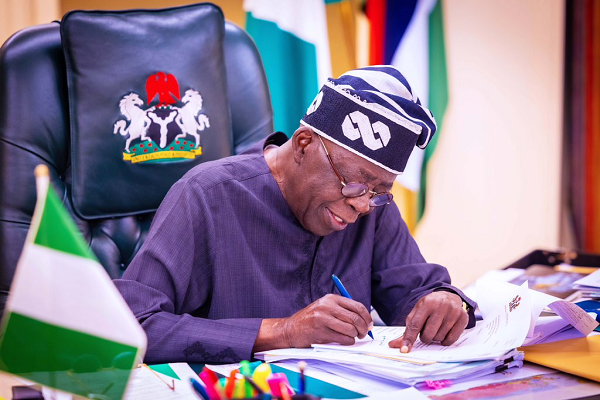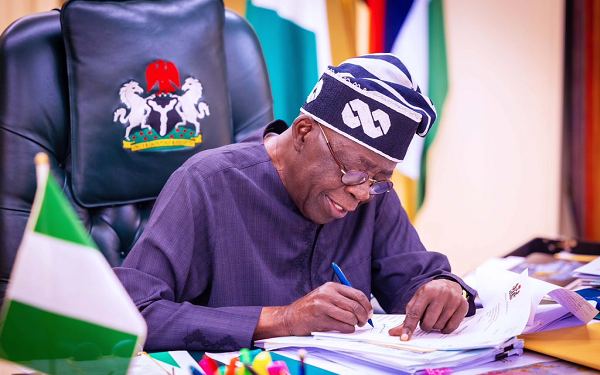- Nigeria will observe a subdued 64th Independence Day celebration due to economic difficulties, aligning with the nation’s somber mood
- President Tinubu’s administration is implementing reforms to boost the economy, support SMEs, and enhance food security through domestic agricultural production
Nigeria will observe a subdued Independence Day celebration for the second consecutive year on October 1, aligning with the nation’s current mood.
Speaking at a press briefing about the 64th Independence Day activities, Secretary to the Government of the Federation (SGF) Senator George Akume explained that President Bola Ahmed Tinubu is aware of the economic difficulties faced by Nigerians, which is why the celebration will be modest.
Last year’s 63rd Independence Day was also low-key. Senator Akume stated that no foreign dignitaries were invited due to the country’s economic situation.
At Thursday’s briefing, Akume reiterated that the decision aligns with the nation’s sombre mood, and President Tinubu has again approved a low-key event for the 64th celebration.
He explained that difficult policy choices, such as removing fuel subsidies, have impacted the economy.
However, efforts are underway to soften the immediate effects and create long-term opportunities through the Renewed Hope Agenda.
Akume highlighted key achievements under Tinubu’s administration, such as the Presidential Compressed Natural Gas (CNG) Initiative. The first phase includes launching 30 hybrid CNG-powered buses to alleviate transportation challenges.
Additionally, the government is focused on boosting the economy by supporting small and medium enterprises (SMEs) and empowering Nigerians to start and grow businesses.
Minister of Information and National Orientation, Mohammed Idris, added that President Tinubu is implementing reforms to correct past mistakes and position Nigeria as a rising economic power.
Finance Minister Wale Edun emphasized the need to boost domestic agricultural production to enhance food security, signalling an end to food importation as part of the economic recovery strategy.
Furthermore, Minister of Budget and National Planning, Alhaji Abubakar Bagudu, acknowledged the challenges posed by Nigeria’s growing population, which has doubled from 119 million in 1999 to 230 million today. He noted the rising demand for infrastructure, education, and healthcare.









Discussion about this post